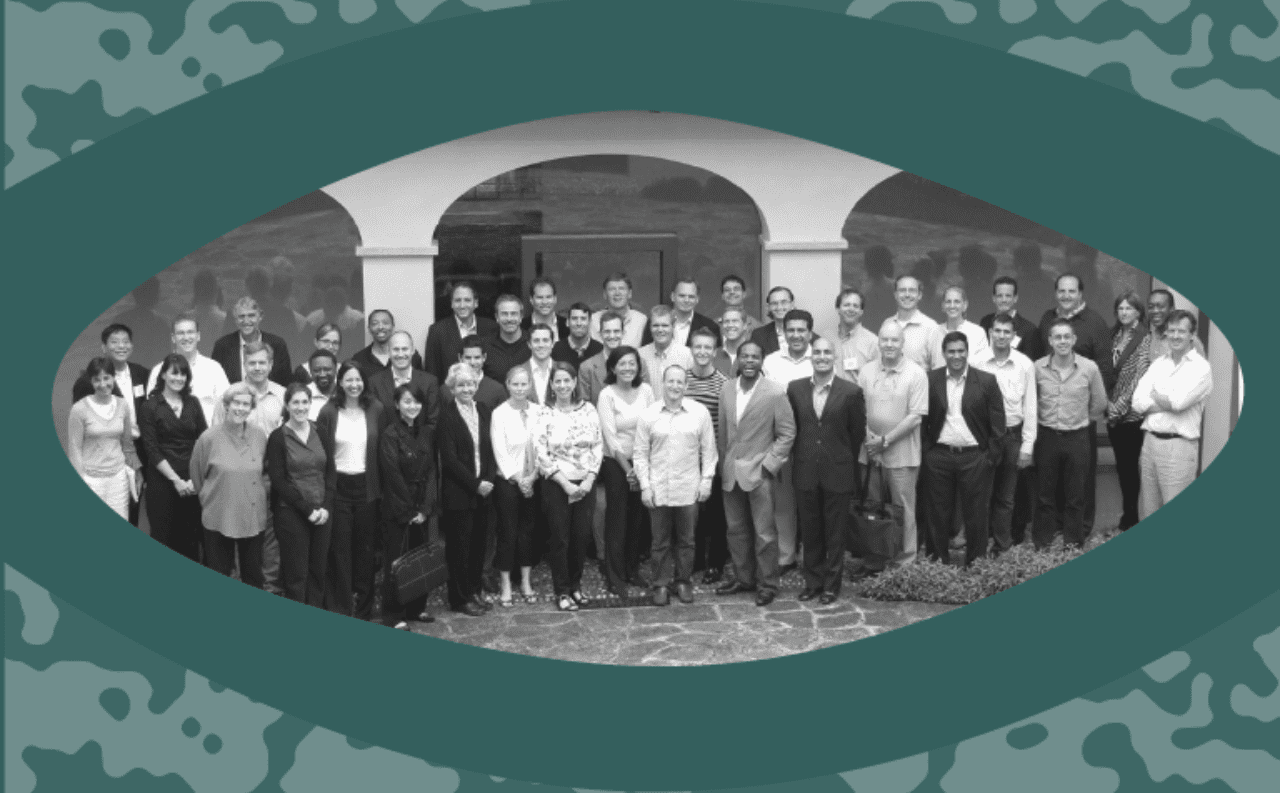Impact investing refers to investments that are “socially conscious” or “socially responsible,” but go beyond these commonplace terms. Impact investing goes further, seeking to define a set of practices that would resonate with results-oriented managers of private investment capital. On the other hand, terms like “mission-related investing” and “program-related investing” resonate only within the world of philanthropy. Charitable foundations indeed have a record of working in microfinance, sustainable development, and program-related investments — for example, making loans so minority-owned businesses can flourish. But, within this context, The Rockefeller Foundation sought to “rally private investment houses, and the private investment capital they direct, into support for the burgeoning social enterprises emerging in both developed and developing countries around the world.” This was explained by Lester Salamon, the former professor at Johns Hopkins University who designed the Bellagio Initiative, a framework on the future of philanthropy accepted by the United Nations.
The Rockefeller Foundation's Bellagio Center played a critical role in supporting the launch of the Global Impact Investing Network (GIIN), providing a platform for impact investors to come together and develop a shared vision for the industry.
Amit BouriCo-Founder and CEO of the GIIN
Today, the GIIN’s unique model helps accelerate impact investing by convening impact investors to facilitate knowledge exchange, highlighting innovative investment approaches, building the evidence base for the industry and producing valuable tools and resources. The result is $1.164 trillion of impact capital allocated to address some of the world’s most pressing social and environmental challenges.”
- Amit Bouri, co-founder and CEO of the GIIN

The launch of this new field was enabled when financial innovators were pulled together in two Bellagio meetings, the first in October 2007 and the second in June 2008. The 2007 meeting at Bellagio defined impact investing as “using profit-seeking investment to generate social and environmental good.” In 2009, an independent nonprofit called the Global Impact Investing Network (GIIN) was created. The Rockefeller Foundation’s program officer, Antony Bugg-Levine, who had coordinated the impact investing work from the start, sat on its board of directors.
In the years following the Bellagio meetings, the impact investing concept exploded globally and was adopted by governments, private equity firms, and not-for-profits alike. With frequent media appearances today, the network is reflected in the investment behaviors of organizations and individuals. For example, the Obama administration was an early adopter, putting more than $2.3 billion into impact investing initiatives beginning in 2009, including the Impact Investing Fund of the Small Business Administration. The G8 hosted its first-ever Social Impact Investing Forum in 2013. At that same meeting, the U.S. announced a National Impact Initiative. Lastly, since 2014, the Vatican has held three impact investing conferences aimed at showing Catholic institutions how private capital can help the poor.
Simultaneously, the field has been contested over the past decade. Many are adding the word “social” or “community” to the term, and the perceived need to do that likely confirms how easily private capital investors veer from public-mindedness. However, the core concept remains.
For many years since 2008, The Rockefeller Foundation approved millions of dollars in support of impact investing. Furthermore, the Bellagio participants’ were each given “assignments” to continuously work towards impact investing in their respective fields, which led to far-reaching real-world outcomes. They were as follows:
- The team working on a global network realized the first stage of success within a year. They founded the Global Impact Investing Network (GIIN) in 2009.
- The team working on sustainable agriculture in sub-Saharan Africa eventually broadened to become Project Terragua, which today comprises some of the biggest investors in the world seeking to invest in sustainable agriculture.
- The team working to develop social impact standards helped enable the Global Impact Investing Rating System (GIIRS). GIIRS aims to assess companies and funds based on their social and environmental practices and impacts, without reference to financial performance.
- Led by a collaboration between The Rockefeller Foundation, Acumen Fund, and B Lab, the Impact Reporting and Investment Standards (IRIS+) project sought to provide a standardized taxonomy and a set of consistent definitions for social, environmental, and financial performance. Today IRIS+ is a complement of GIIRS, and both are part of GIIN.
- By 2013, when The Rockefeller Foundation’s impact investing program closed, more than 40 funds and 15 investors managing almost $3 billion in funds had worked with GIIRS to further refine the system. These tools have been the most prominent in industry initiatives, but have also set the stage for others, such as social return on investment (SROI) and randomized control trials (RCTs), to emerge and gain in popularity.
- In 2011, the industry accelerated in a new direction, spurred by a Pacific Community Ventures (PCV) report on the role of policy in impact investing. A multinational Bellagio convening in mid-2011 on policy capacity building resulted in the formal start-up of the Global Impact Investing Policy Project (GIIPP), now known as the Impact Investing Policy Collaborative, or IIPC. Together PCV and Harvard University’s Initiative for Responsible Investing coordinated the report, the convening, and the broader policy project.
Explore More
To learn more about the GIIN and impact investing, visit https://thegiin.org/.
Editorial note | Taken from The Rockefeller Foundation’s archive, this article highlights the ways in which this particular institution offers a unique model for serving the world. The article has been edited for brevity.
Related

May 2023
Welcome to the current edition of the Bellagio Bulletin! At The Rockefeller Foundation, our mission is to make opportunity universal and sustainable. Facing crises of climate, inequality, democracy, and health, humanity has never needed institutions more. This newsletter highlights efforts to build innovative institutions that are fit for purpose in today’s world – and the […]
More